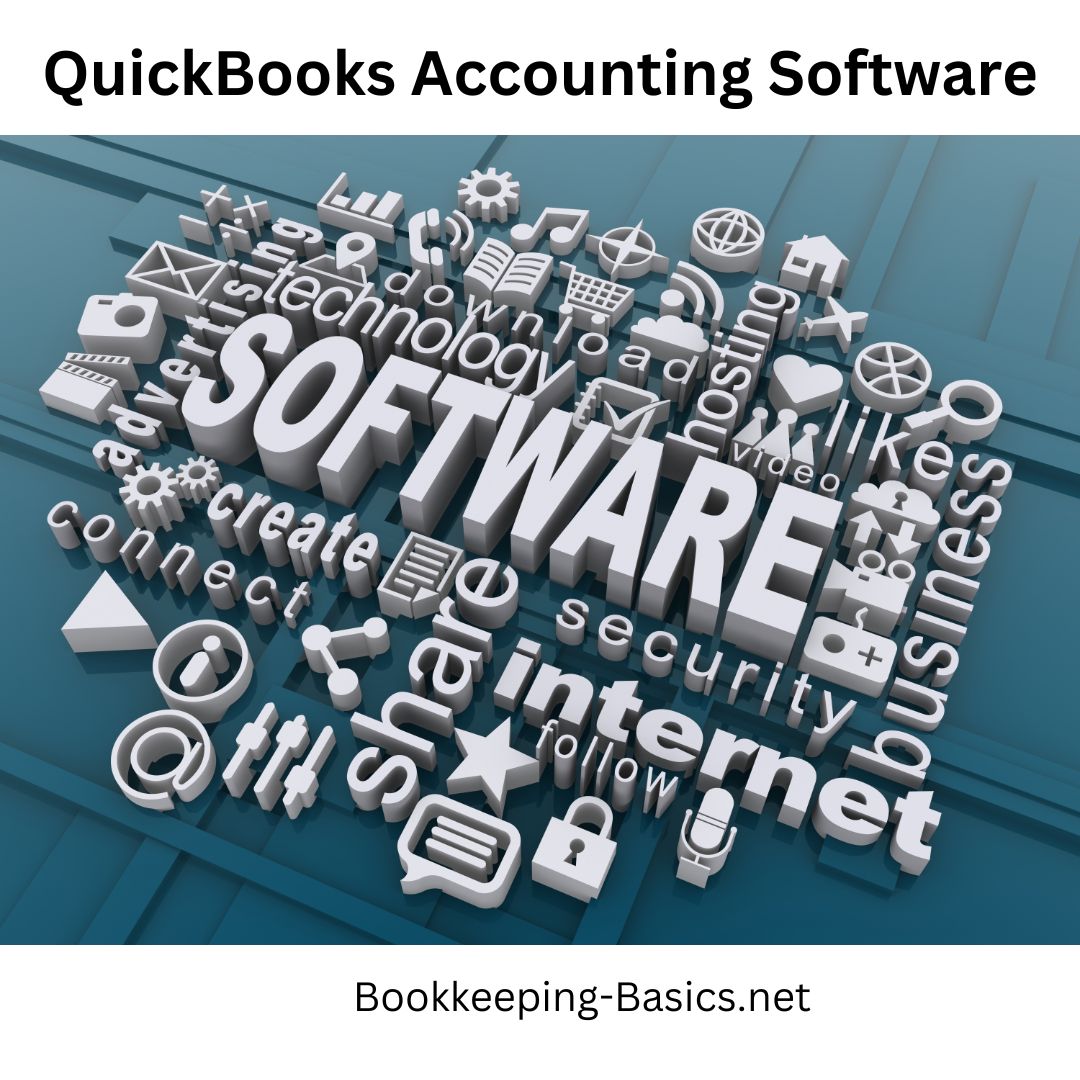- Home
- Accounting 101
- Financial Terms
Accounting 101 Financial Terms
The 3 Things Every Business Must Know
With accounting 101 financial terms, the best way to understand the most important bookkeeping and accounting definitions is to look at the three main financial statements.
Work your way through each of these statements,
understand the terms in bold and you will understand accounting 101 and
know how to keep score in your business.
You win when there is profit at the end of the month or year and long term equity value when you are ready to cash out. That is small business accounting 101.
Accounting 101 Financial Terms - B/S
Accounting 101 The Balance Sheet shows the value of your company as of a specific date such as the end of a month, quarter or year.
A comparative balance sheet compares one period to another and this is a way to monitor your progress.
The formula used to prepare the Balance Sheet is Assets -Liabilities = Shareholders' (Owner’s) Equity
Assets (Cash, Accounts Receivable, Inventory, Land, Building & Equipment) – What you own
- Liabilities (Notes Payable, Accounts Payable) – What you owe
= Owner’s Equity (Retained Earnings + Capital
Stock) - What you keep
Accounting 101 Financial Terms - P&L
Accounting 101 The Income Statement shows the aspect of accounting 101 where you keep track of what is coming in and going out of your business during a period of time like a month or a year.
Income/Revenue or Sales (Cash vs. Accrual Accounting determines when Income is recognized)
- Cost of Goods Sold – What it costs you to make your product or service
- Cost of Sales – Sales salaries, commission and expenses
= Gross Profit – Profit before expenses – You want this to be a positive number or it is a Loss
- Expenses (Rent, Heat, Payroll, etc.) – What it costs to operate your business
= Net Earnings before Taxes (NEBT)
- Taxes (Income Taxes)
= Net Profit - AKA The Bottom Line – This is why you are in business.
Accounting 101 Financial Terms - Cash Flow
The Cash Flow Statement or Cash Forecast or Source & Use of Funds is the final statement in small business accounting 101.
You use the cash flow statement to understand where your cash comes from, where it goes and to forecast how much cash you need to run the business.
Beginning Cash – Money in the bank
+ Accounts Receivable – Money owed to you by customers that has been Invoiced
+ Forecasted Sales – What your sales team expects to convert into cash
- Expenses – Forecasted expenses as shown on the income statement
= Ending Cash – What you have to work with to run the business
Recurring Revenue – This is the Holy Grail of business. Revenue you can count on every month like rent, maintenance, licenses, subscriptions, etc. It is one of the most important aspects of accounting 101.
Long Term Legacy Value – This is another way of saying retained earnings and it is the ultimate goal of a business owner. How much is your company worth.
Accounting 101 Financial Terms - Summary
So accounting 101 financial terms is all about knowing how to keep score in your business.
You win when there is a positive number on the bottom line of the Income Statement - Profit and when the Retained Earnings continues to grow and your Long Term Equity Value increase over time.
Use these terms and the financial statements as
your guide to understanding accounting 101 as the way to keep score.
Benefits of Knowing Accounting Financial Terms
Knowing accounting financial terms offers numerous benefits for individuals and businesses alike. Here are some key advantages:
- Improved Financial Literacy: Understanding accounting financial terms enhances financial literacy. It empowers individuals to interpret and analyze financial statements, reports, and transactions. This knowledge enables them to make informed decisions about personal finances, investments, and business operations.
- Effective Communication: Accounting financial terms serve as a common language in the business world. When individuals possess a strong grasp of these terms, they can effectively communicate financial information with colleagues, clients, investors, and other stakeholders. This facilitates clear and accurate discussions about financial matters, ensuring everyone is on the same page.
- Better Business Management: Proficiency in accounting financial terms allows business owners and managers to make sound financial decisions. They can analyze financial data, identify trends, and evaluate the financial health of their organization. This knowledge helps in budgeting, forecasting, resource allocation, and strategic planning, leading to improved business performance and profitability.
- Compliance with Regulations: Accounting financial terms are closely tied to regulatory frameworks and reporting standards, such as GAAP or IFRS. Understanding these terms ensures compliance with financial regulations and reporting requirements. It helps businesses avoid penalties, legal issues, and reputational damage that may result from non-compliance.
- Enhanced Career Opportunities: In various industries, knowledge of accounting financial terms is highly valued and sought after. It opens up a wide range of career opportunities in accounting, finance, auditing, and consulting roles. Employers often prioritize candidates who possess accounting expertise, as it demonstrates their ability to navigate financial matters and contribute to organizational success.
- Investment Decision Making: Individuals interested in investing can benefit greatly from understanding accounting financial terms. They can evaluate financial statements, assess the financial health of companies, and analyze investment opportunities more effectively. This knowledge helps in making informed investment decisions, managing risks, and maximizing returns.
- Personal Financial Management: Knowing accounting financial terms helps individuals manage their personal finances more efficiently. They can create and follow budgets, track income and expenses, and make informed decisions about saving, investing, and debt management. This knowledge enables individuals to take control of their financial well-being and work towards their financial goals.
- Building Trust and Credibility: When individuals possess a strong understanding of accounting financial terms, they can demonstrate competence, credibility, and integrity in financial discussions. This builds trust with colleagues, clients, and stakeholders, enhancing professional relationships and opportunities for collaboration.
Familiarity with accounting financial terms provides a range of benefits, including improved financial literacy, effective communication, better business management, compliance with regulations, enhanced career opportunities, informed investment decision making, efficient personal financial management, and the ability to build trust and credibility. Whether in personal or professional contexts, this knowledge equips individuals with valuable skills to navigate financial landscapes and make informed decisions.
More Small Business Accounting 101
- Accounting 101 The Balance Sheet
- Accounting 101 Chart Of Accounts
- Accounting 101 Financial Terms
- Accounting 101 The Income Statement
- Accounting 101 Long-Term Liability
- Small Business Accounting 101
Please subscribe to my monthly newsletter, Bookkeeping Basics E-zine. It tells you every month about the new information that I have added, including some great tips and advice from myself and other Bookkeeping Basics readers.
Like Bookkeeping-Basics.net?
- Home
- Accounting 101
- Financial Terms
















New! Comments
Have your say about what you just read! Leave me a comment in the box below.